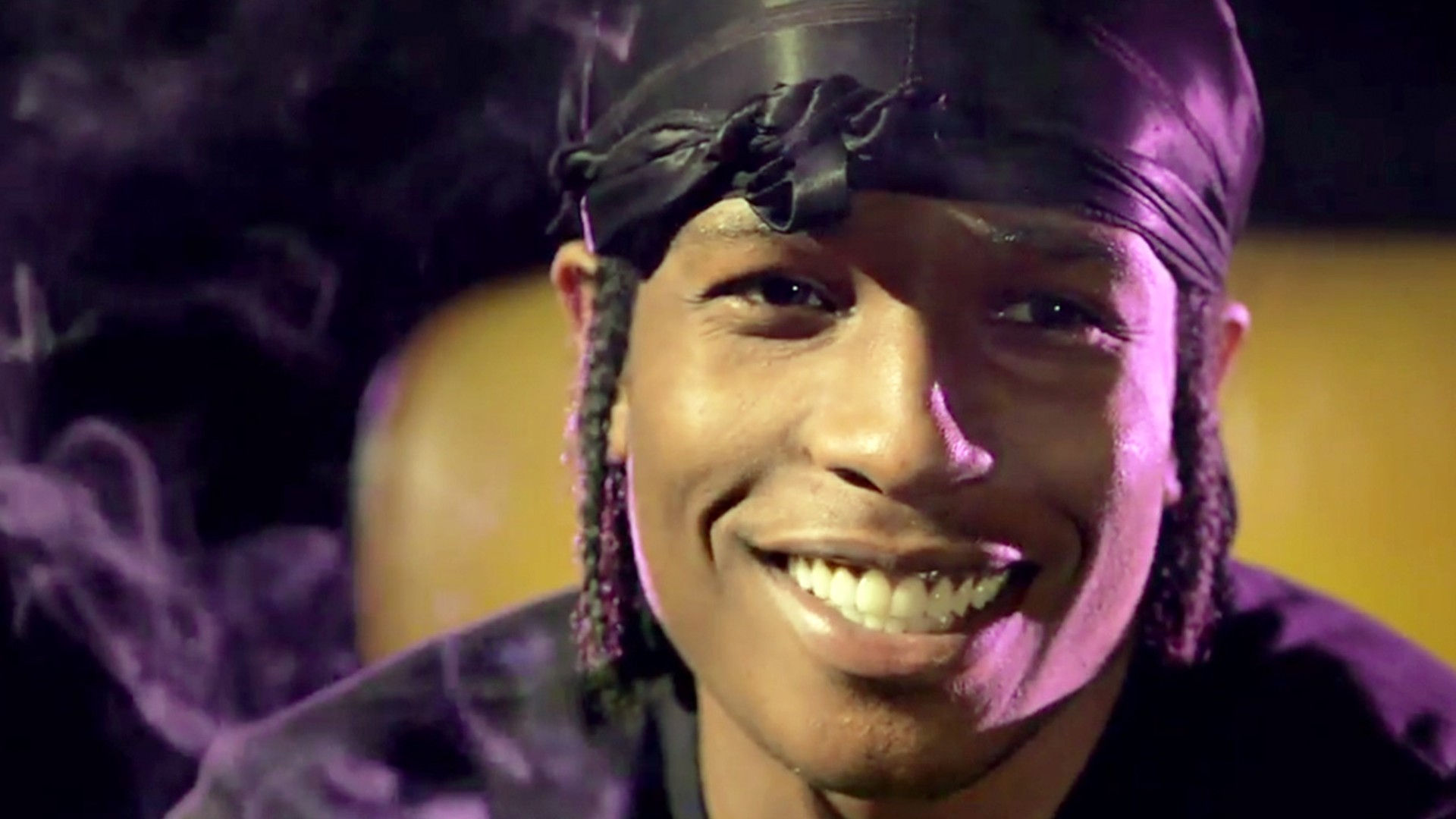Tatianna Paulino is the mother of the late hip-hop manager and executive Steven Rodriguez—or as the world knew him, A$AP Yams. He died at the age of 26 in 2015 from a drug overdose. He helped orchestrate the rise of A$AP Mob, which has produced rappers A$AP Rocky, A$AP Ferg, and more. We chronicled the rise of A$AP Rocky in our documentary SXDDVNLY.Below, Paulino writes about the experience of his death and how it's shaped her.
Advertisement
***Today would have been my son Steven Rodriguez's 28th birthday.But at about 3 AM on the morning of January 18 2015, the phone rang displaying the number of his roommate. Steven, aka A$AP Yams, was the founder of the hip hop collective A$AP Mob; he would sometimes phone me from his friend's number. But at this hour, I knew it wasn't good. "Mama Tati, Steven isn't feeling well." I could barely make out the anxiety-ridden voice on the other end, and my heart began beating wildly.It was Steven's roommate and he continued, "We are in an ambulance headed to Woodhull hospital in Brooklyn." "What? My God, is he alive?" I asked because I knew something was very wrong. Amidst the clamor in the background, he tried to reassure me that Steven would be fine.Alone, confused, and desperate, I tried reaching my husband who was working at the time. I was unsuccessful. So, I called his brother who agreed to drive me to the hospital that was about to receive my son. I waited, for what felt like forever, until he finally arrived 20 minutes later. Despite the fact that neither one of us knew our way to the hospital from my Bronx home, we raced down the highway to see Steven. But less than 15 minutes into the drive, I received another call telling me that my 26-year old baby was dead."No, no," I screamed in disbelief. Immediately, my brother-in-law stopped the car and joined me in my screams and disbelief. We sat on the side of the road for about 10 minutes in shock before continuing our long silent journey to Brooklyn.
Advertisement
My mind raced. I thought about Steven smiling, laughing, and him being a prankster. Sometimes when I arrived at home from work he would hide and then suddenly surprised me by saying, as loudly as he could, "boo." He would laugh with his entire body. Other times when I was in bed asleep, he took great pleasure out of opening my eyelids with his fingers and asking, "Are you awake? Are you up?" His face would light up with the biggest grin.He's gone. We will never share those moments again. I couldn't breath. I couldn't think. I couldn't believe that my only child was dead.So, when I walked in the hospital's ER waiting room and saw the anguished, but living, faces of Steven's friends and associates, I felt cheated. "Why didn't you all look after my son?" I wanted to say. But, I was quickly ushered through to the room where his body rested. Tubes protruded from every opening. I rushed over and tried to awaken him. "Wake up Steven. Wake up baby. Wake up, I'm here now." It was too much for me to handle; I fainted.I later learned that the cause of Steven's death was ruled an apparent drug overdose. And this would be consistent with the fact that he once sought treatment for his drug use. It would also be consistent with statements made to the press by some of his friends who told the New York Times that Steven "…always had a struggle with drugs. That was his thing."Even still, explaining away my son's death as a drug problem seemed too simple, too convenient. So, over the next 22 months, I tried to learn as much as I could about the drug, "lean," they said my son was addicted to. On several occasions, I met with Columbia University Professor and drug expert, Dr. Carl Hart. I read his book High Price and got quite an education on social and biological factors that drive drug use.
Advertisement
